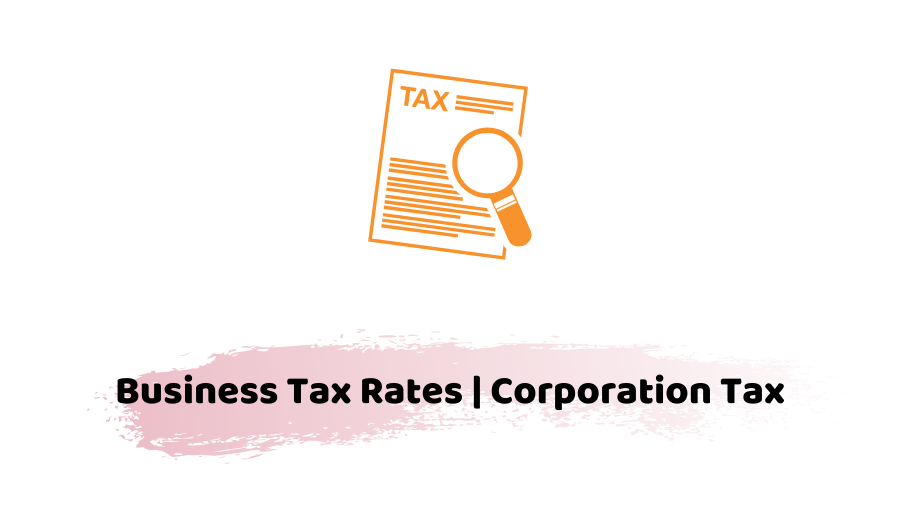Corporation tax
| Year ending | 31/3/2014 | 31/3/2013 |
| Taxable profits: First £300,000 | 20% | 20% |
| Next £1,200,000 | 23.75% | 25% |
| Over £1,500,000 | 23% | 24% |
As previously announced, the main rate of corporation tax reduces to 23 percent from 1 April 2013 and will be further reduced to 21 percent from 1 April 2014. In addition, it was announced in the Budget that from 1 April 2015 the main rate of corporation tax will be reduced to 20 percent, providing the UK with the lowest corporation tax rate of any of the G7 member states and the joint lowest rate of corporation tax in the G20. This further reduction will result in the unification of the small profits rate and the main rate to produce a single rate of corporation tax, simplifying the corporation tax system.
Simpler income tax for small businesses
The new simpler income tax rules announced for the small self-employed or partnership businesses (generally not exceeding the VAT registration threshold) will come into force from the 2013/14 tax year. As planned the measure will allow small businesses to prepare accounts on a ‘cash basis’ rather than on an ‘accruals basis”. Following consultation on the draft legislation in December 2012, some design changes have been made to further simplify the measures.
Employment-related loans
From 6 April 2014, employers who provide their employees with interest-free or low-interest loans will no longer need to report the cash equal on small loan balances. Where the outstanding balance is £10,000 or less throughout a tax year. This is double the current threshold of £5,000.
Research and development tax credits
The Government will proceed as planned to introduce a new ‘above the line’ (ATL) credit for large company research and development (R&D) investment from April 2013. The rate, however, will be increased from 9.1 percent planned in the 2012 Budget to 10 percent. The ATL credit is designed to make R&D relief more visible to those making R&D investment decisions and provide greater cash flow support to companies with no corporation tax liability.
Employment allowance: Employers’ national insurance contributions
From April 2014 every business and charity will entitle to a £2,000 Employment Allowance towards their employer national insurance contributions (NICs) bill. The scale of the allowance means that 450,000 of the UK’s small businesses will no longer pay any employer NICs. Up to 1.25 million employers will benefit, with over 90 percent of the benefit going to small businesses. The Employment Allowance will be introduced from April 2014, delivered through standard payroll software and HM Revenue & Customs Real Time Information system. To ensure most take-up, it will be simple to administer: employers will only need to confirm their eligibility through their regular payroll processes. The Government will engage with business representative bodies on the details of the design and operation of the new allowance, to ensure the system is as simple and effective as possible.
Tax relief on private investment in social enterprise
The Government would implement a new tax break to promote private social sector investment. The tax exemption will complement other government-led recent measures to help social enterprises access the capital they need, such as the 2012 launch of Big Society Finance. The Government will agree on the details of the relief by the summer of 2013, and the relief must introduce in the 2014 Finance Act.
Compliance with Real Time Information (RTI)
In order to ensure compliance with RTI a number of new penalties will be introduced for employers operating Pay As You Earn (PAYE) to ensure employers comply with the information and payment obligations, which will apply on and after 6 April 2014.
Enhanced capital allowances
Subject to state aid approval this measure will update the list of technologies and products. That qualifies for the energy-saving and water-efficient enhanced capital allowances schemes. This will see the introduction of one new sub-technology and the removal of four existing sub-technologies for the energy-saving scheme. A new greywater re-use technology will add to the water-efficient scheme along with two sub-technologies.
Employee shareholder status
In October last year, the Government announced its intention to introduce a new ‘employee shareholder’ employment status. Those individuals adopting the status will be eligible to receive between £2,000 and £50,000 of capital gains tax-exempt shares. In the Autumn Statement 2012, the Government announced that it was considering options to reduce income tax and NICs liabilities that arise when employee shareholders receive shares. Including an option to deem that employee shareholders have paid £2,000 for shares they receive. The decision to proceed with this option, which will ensure that the first £2,000 of share value received is also tax-free from income tax and NICs, confirmed in the Budget. These tax changes will apply to shares received through the adoption of the new ‘employee shareholder’ status on or after 1 September 2013. It’s considered that this new entitlement will benefit, in particular, to small and medium-sized firms.
Resources:
- https://www.gov.uk/government/news/employment-allowance-boost-for-business-bill-introduced-to-parliament
- https://www.gov.uk/government/publications/enhanced-capital-allowances-schemes-for-energy-saving-and-environmentally-beneficial-water-efficient-technologies/enhanced-capital-allowances-schemes-for-energy-saving-and-environmentally-beneficial-water-efficient-technologies





















































